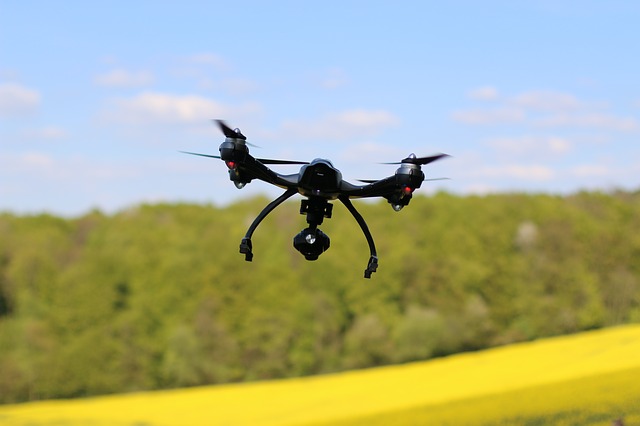
We live in an age of almost constant technological evolution. With every passing day, new software is developed. A new app is made available. A new technology hits the market. This constant changing and updating of technology has an enormous impact on criminal activity all over the world. This in turn has a direct effect on how law enforcement responds to, and deals with crime.
Technology is something of a double-edged sword. It can be used to help and it can be used to harm. For example, while webcams allow deployed soldiers to speak to their family members on the other side of the world, they also facilitate the sex trafficking of children. In the same way, while technology is being used to break the law, it is also being used to catch those who break the law. But what about those who are indirectly affected by this ongoing battle? Those who get “caught in the middle” as it were? Where does one draw the line, and at what point does a helpful technology become a hindrance?
Some technologies has resulted in little to no complaints from the public, and no fear of civil rights violations. Things like GPS vehicle pursuit darts and throwable robotic cameras carry minimal risk of injuring innocent civilians in the area, or invading the privacy of people other than the suspect. Not all technologies used by officers in their pursuit of the accused are quite so harmless. We are going to look at a few recent technological tools that have helped the police, but may have harmed the people they are charged with protecting.
One example of this dilemma is the ever-growing use of body cameras by police officers. In a recent article we talked about the struggle law enforcement faces wanting to increase officer accountability, but they are then required to make everything their cameras record available to the public. The difficulty lies in the recordings taken in people’s homes which are then disseminated online in accordance with the Freedom of Information Act. A lasting documentation of private conversations, personal struggles, and personal pain laid bare for all the world to see.
Another example of a technology that has served to help law enforcement fight crime but has also been a source of disagreement about invasion of privacy is the use of flyover drones. Flyover drones are sometimes used by police and other law enforcement officials to track suspects on the run, and to provide a bird’s-eye view of a crime scene during an emergency. But this view comes at a cost.
Are Drones a Violation of Your Reasonable Expectation of Privacy?
According to the American Civil Liberties Union, the use of flyover drones violates an individual’s reasonable expectation of privacy. The U.S. Supreme Court, however, disagrees. In 1989 the U.S. Supreme Court ruled that because airplanes and helicopters fly over private property with regularity, citizens do not have a reasonable expectation of privacy that their activities will not be observed from above. The case, the Florida v. Riley, set a precedent which allows law enforcement to use drones without the use of a warrant.
According to the Federal Aviation Administration, as the interest in drones increases, drone sales are expected to skyrocket from 2.5 million this year, to 7 million by 2020. This raises concerns, not just about law enforcement’s use of drones, but the use of drones by civilians and those in the private sector. Attorneys and civil rights activists have argued that fly over drones allow police to spy on civilians. Does that same concern apply when the drone operator is also a civilian?
From GPS tracking devices and TraffickCam, to the use of drones and DNA Phenotyping, law enforcement is dedicated to apprehending those who break the law. But at whose expense? How many eggs will have to be broken in order for this omelette to be made, and will it be worth it? These are the questions people all over the nation are asking. As to what the answers will be, we will have to wait and see.
Until then, if you or a loved one have been accused of a crime in Michigan, whether it’s assault, theft, molestation, drug-related or a computer crime, contact us today at 866-766-5245. Sometimes the police violate the law in the way they collect evidence. Sometimes they do not follow policy in the way they investigate a crime. If your rights have been violated at any point during the investigation that led to your arrest, you should have an experienced and skilled defense attorney who can defend you. Call the Kronzek Firm today. An attorney is available to discuss your case with you right now. Our Michigan based criminal defense attorneys can be reached 24/7.





